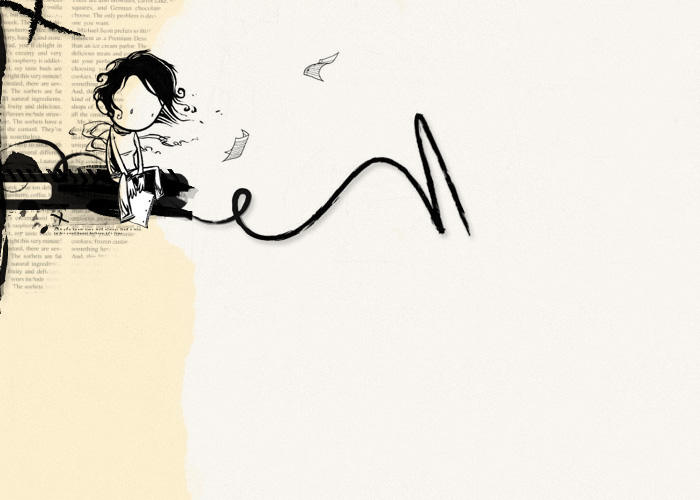Write Drunk, Revise Sober
Wednesday, October 3, 2007 . 4:58 PM
The Pre-Drink - 10/3/07 Once you have a firm handle on the basics of your protagonist (his want, his need, and his flaw) then you can move on to the next most vital character: the antagonist. This is the person who will, quite simply, oppose your character.Unless you're writing a Bugs Bunny cartoon, the antagonist needs to be as realistic as the protagonist, meaning you have to know a lot about her as well. As with the protagonist, the antagonist will have a want, a need and a flaw. The good news is, once you've answered these questions about your hero, it's as simple as flipping the coin.
Whatever the protagonist wants, the antagonist probably doesn't; in fact, she probably wants the opposite thing, so you've already got that part taken care of. However, it may instead be that she merely wants something that would, by its nature, conflict with the protagonist's want. Either way, by already having the protagonist's want established, you're most of the way to determining the same thing for your antagonist. If you're making the antagonist an all-out villain, what she wants will probably be motivated by some vice or flaw like greed, envy, insanity, revenge, power, etc.
Assuming you are writing a fairly straightforward story, what the antagonist needs is, well, to lose. Alternately, you might say that the antagonist needs to realize that her want is wrong and that the protagonist's want is preferable. Or you can give the antagonist a completely different need based on her flaw. Which leads me to...
The antagonist's flaw will not necessarily relate to the protagonist's flaw, but her flaw will be the thing that eventually leads to her downfall. Whether this flaw is directly manipulated by the protagonist, or whether it impedes the antagonist in some other way, this is what will make the difference between winning and losing. Typically, the antagonist will be able to clearly see the protagonist's flaw, but not her own, and because of that she will never change. If you want your antagonist to be redeemed at the end, you'll need to make her aware of her flaw and give her a means to correct it, just like you did with your protagonist.
As a side note, I've noticed something about villains: It is likely that the antagonist will never truly comprehend the protagonist's source of strength. Because of that, she will underestimate him and he will beat her. This is something useful to consider when creating your antagonist, because it may give you an open door into her back story. For example, a protagonist who finds strength in his friends would lead to an antagonist who cannot understand why the protagonist would rely on other people for anything. This kind of antagonist probably didn't have many friends growing up; why not? Answer that question and you're on your way.
When creating your antagonist, use the same questions and template you used for your protagonist. Always keep in mind the basics discussed above, and make sure that they are supported by the rest of the details that you add to make your character more realistic. Few things kill the joy of victory so much as having a fully realized hero but a one-dimensional villain; after all, if the bad guy is made of cardboard, how hard is it to beat him? And how good does it really feel when you do? 0 comments
